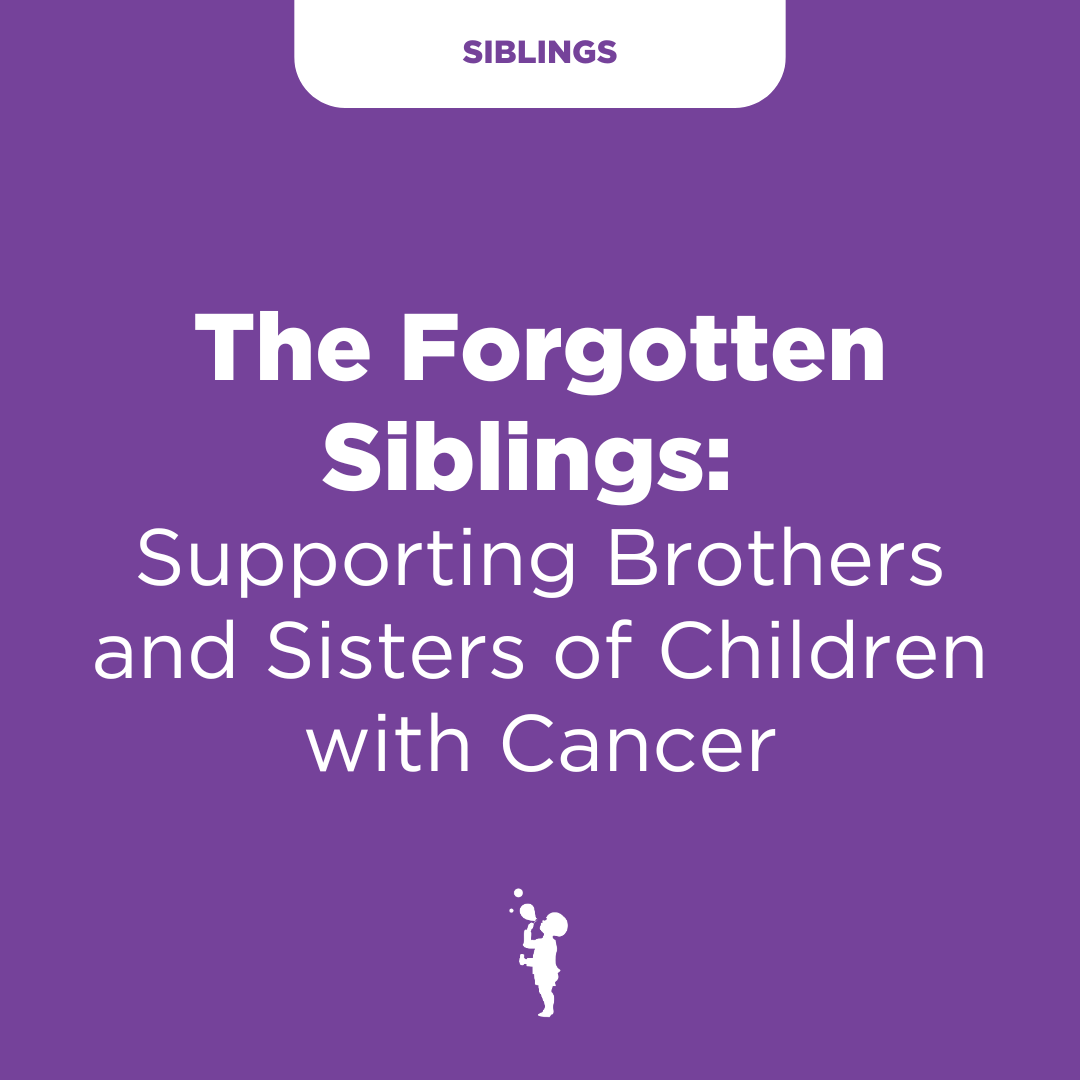Beyond Survival: Nurturing Your Marriage While Caring for a Child with Cancer
When a child is diagnosed with cancer, parents step into a world that no one ever imagines they’ll face. The days quickly fill with hospital visits, treatments, and endless worries about their child’s health. In the midst of this, it’s common for a marriage to slip quietly into the background – not out of neglect, but because survival takes center stage.
But behind the appointments and exhaustion, parents are still partners. They still need each other, perhaps now more than ever. Holding onto that bond can feel nearly impossible under the weight of fear and responsibility, but it’s also one of the most powerful sources of strength a family can have.
Cancer’s Hidden Strain on Marriage
The love a parent has for their child is fierce and unwavering, which is why every ounce of energy often pours into caregiving. But marriages are living, breathing relationships too, and when left unattended, they can start to feel fragile.
Couples may notice their roles shift in unexpected ways: one parent becomes the “medical manager,” living at the hospital and keeping track of treatments, while the other works to keep siblings, finances, and daily life afloat. These new roles can bring out unspoken resentments or a sense of imbalance.
On top of that, grief and fear weigh heavily. Some partners cope by talking through their emotions, while others withdraw, leaving each person feeling misunderstood or alone. These differences don’t mean your marriage is failing; they simply reveal how everyone processes pain differently.
.png)
Common Challenges Couples Face
Every marriage looks different, but there are a few struggles many parents share:
- Communication breakdown: Misunderstandings often occur when emotions are high and conversations focus on medical updates rather than emotional needs.
- Financial and logistical stress: Balancing hospital stays, work, and bills.
- Emotional distance: Partners grieving or coping differently, or simply not having the energy to talk.
- Loss of intimacy: With so much focus on survival, physical and emotional closeness often takes a back seat.
- Role imbalance: One parent may feel left out or overly burdened.
Recognizing these struggles is the first step toward compassion, both for your partner and yourself.
Why Nurturing Your Marriage Matters
It can feel selfish to think about your marriage when your child is fighting for their life. But nurturing your partnership isn’t about taking focus away from your child; it’s about strengthening the foundation that holds your family together.
A supportive marriage can become a safe harbor in the storm, offering steadiness, comfort, and hope. Children are deeply sensitive to their parents’ emotional worlds, and when they see their parents leaning on each other, it can bring them a sense of security, too.
Practical Ways to Support Your Marriage
- Schedule micro-moments of connection: A shared cup of coffee, a short walk around the hospital block, or a text that says “I’m thinking of you” can remind you both that you’re in this together.
- Talk about more than logistics: Even a few minutes to share feelings, fear, gratitude, or even something lighthearted can help keep your emotional bond alive.
- Accept differences in coping: Some partners need to talk; others need quiet. Naming and respecting those differences helps prevent misunderstandings.
- Seek outside support: Allow friends, family, or a therapist to share some of the burden, so you can be there for each other.
- Revisit intimacy gently: Physical closeness doesn’t need to mean sexual intimacy. A hug, holding hands, or a reassuring touch can speak volumes.
- Share responsibilities: Divide and conquer! Whether medical, financial, or household, ensure no parent feels overwhelmed by the load.
When Extra Support Is Needed
- Sometimes the strain feels too heavy to carry without help. If arguments feel constant, silence feels unbearable, or one partner begins to shut down completely, it may be time to seek professional support.
- Couples counseling or family therapy can provide a safe space to untangle feelings and strengthen communication. Reaching out for this kind of help isn’t a sign of weakness; it’s an act of love for your marriage and your family
Closing Reflection
Caring for a child with cancer reshapes life in profound ways. While it’s natural for your marriage to feel secondary to the fight for your child’s health, your relationship can also be a lifeline. By holding onto each other, even in small, imperfect ways, you give your child not only devoted caregivers but also the gift of parents who remain united in love and strength.





.png)